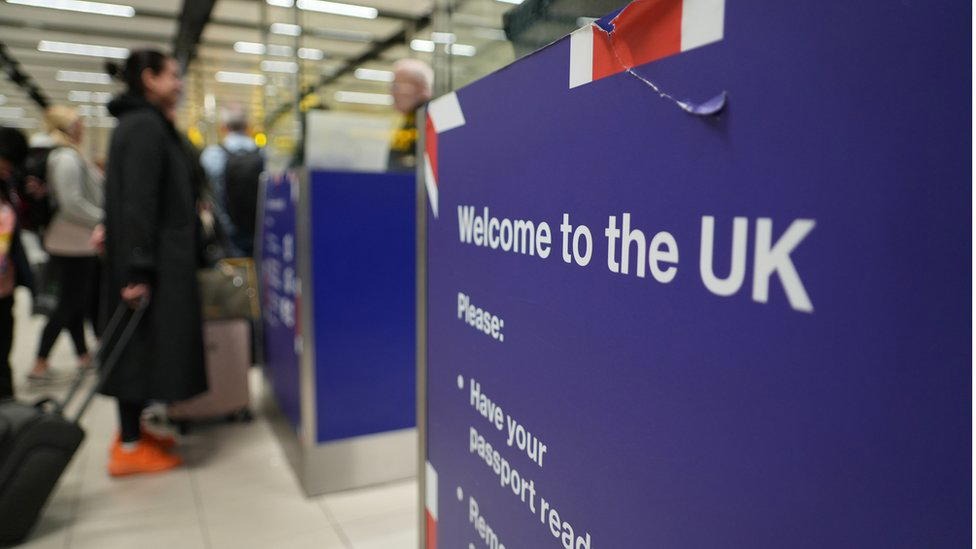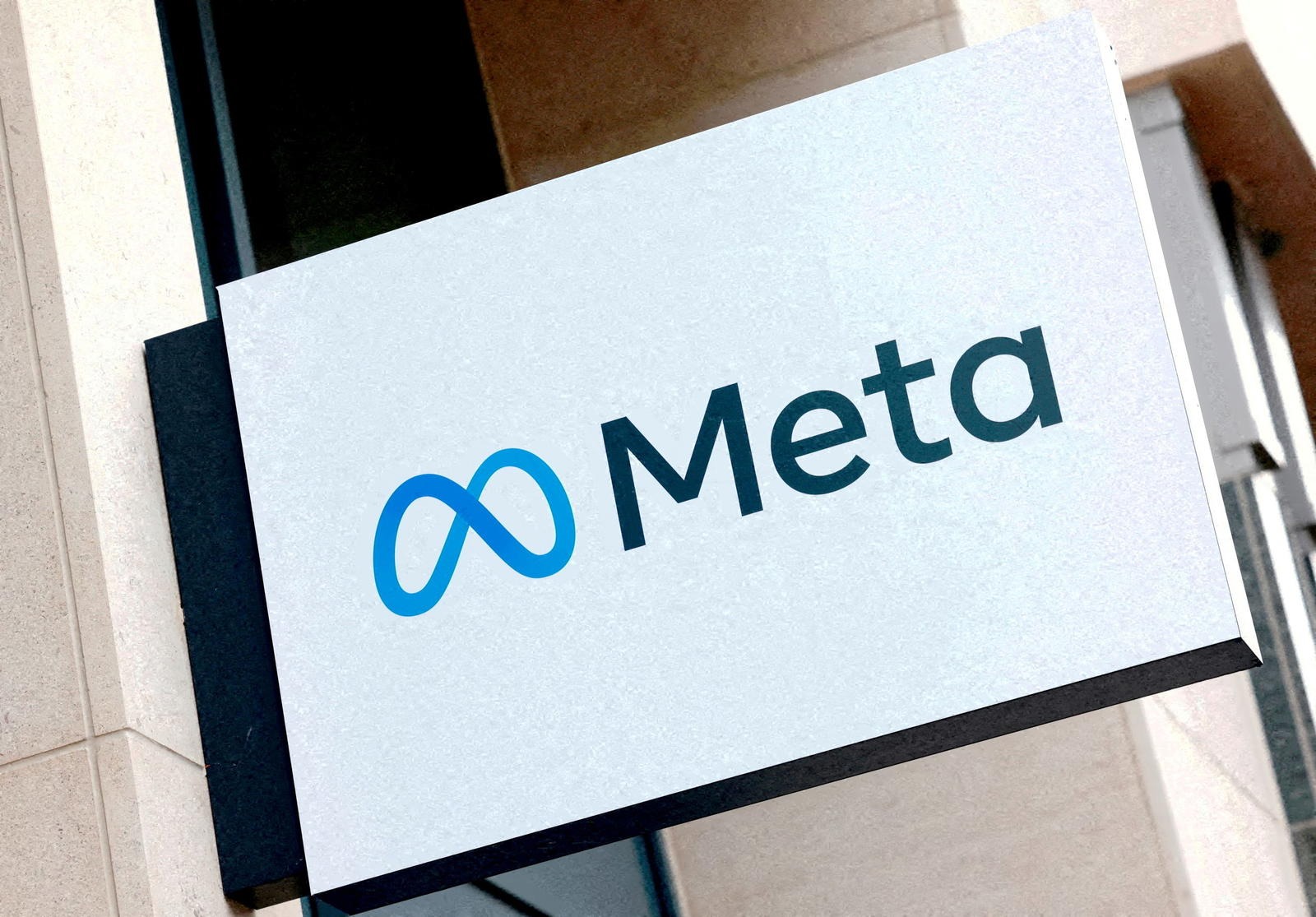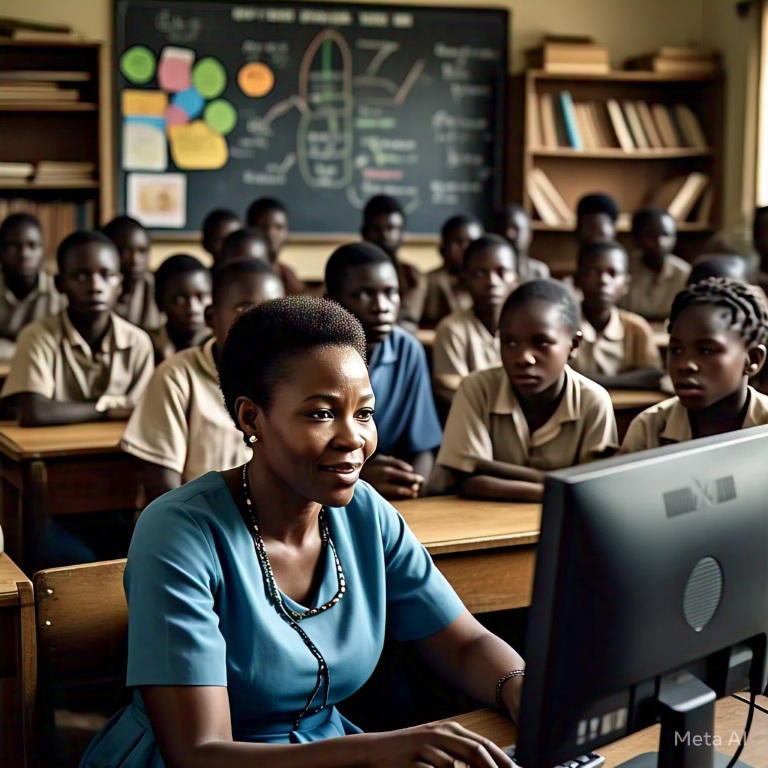ABUJA – Nigerian-born scientist Michael Uzu has made significant strides in renewable energy and materials engineering through his work on titanium dioxide (TiO₂), a crucial material utilised in solar energy, batteries, and electronics. Uzu’s research aims to enhance the way TiO₂ absorbs light and separates charges, potentially leading to more efficient energy solutions. In a terse …









